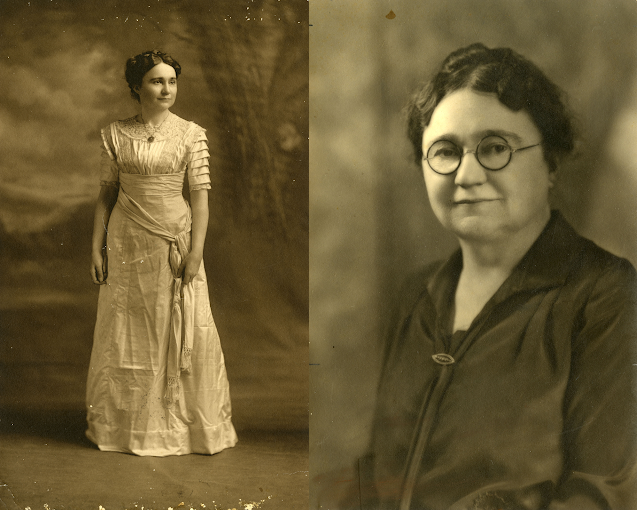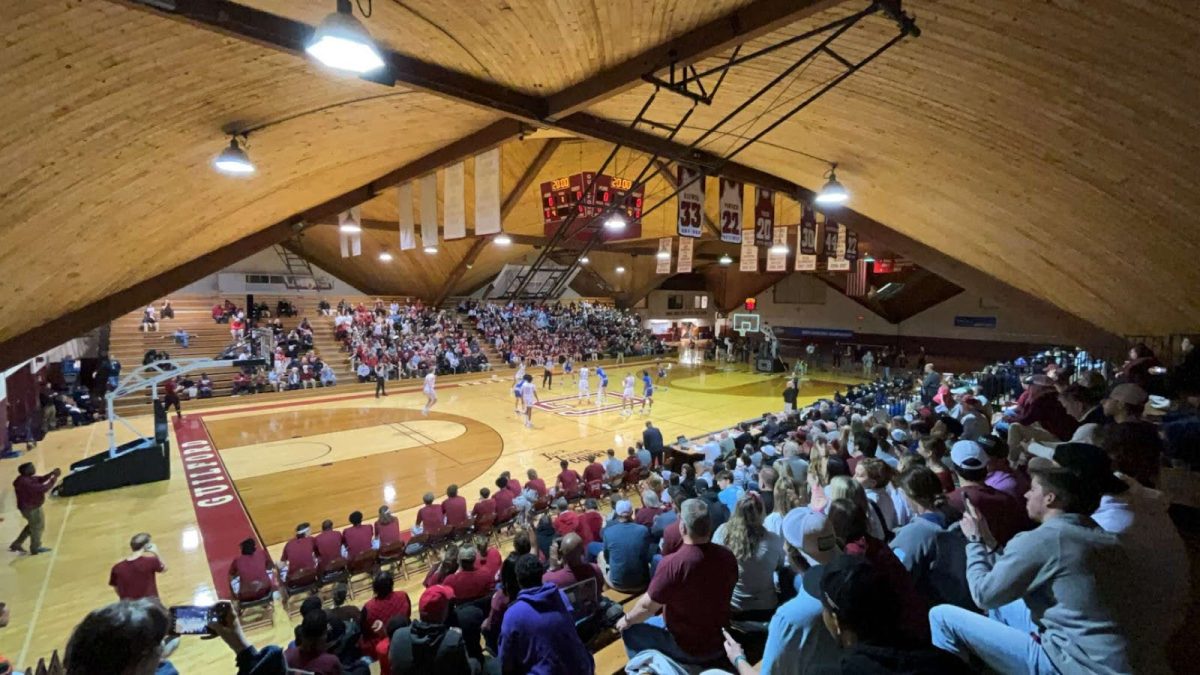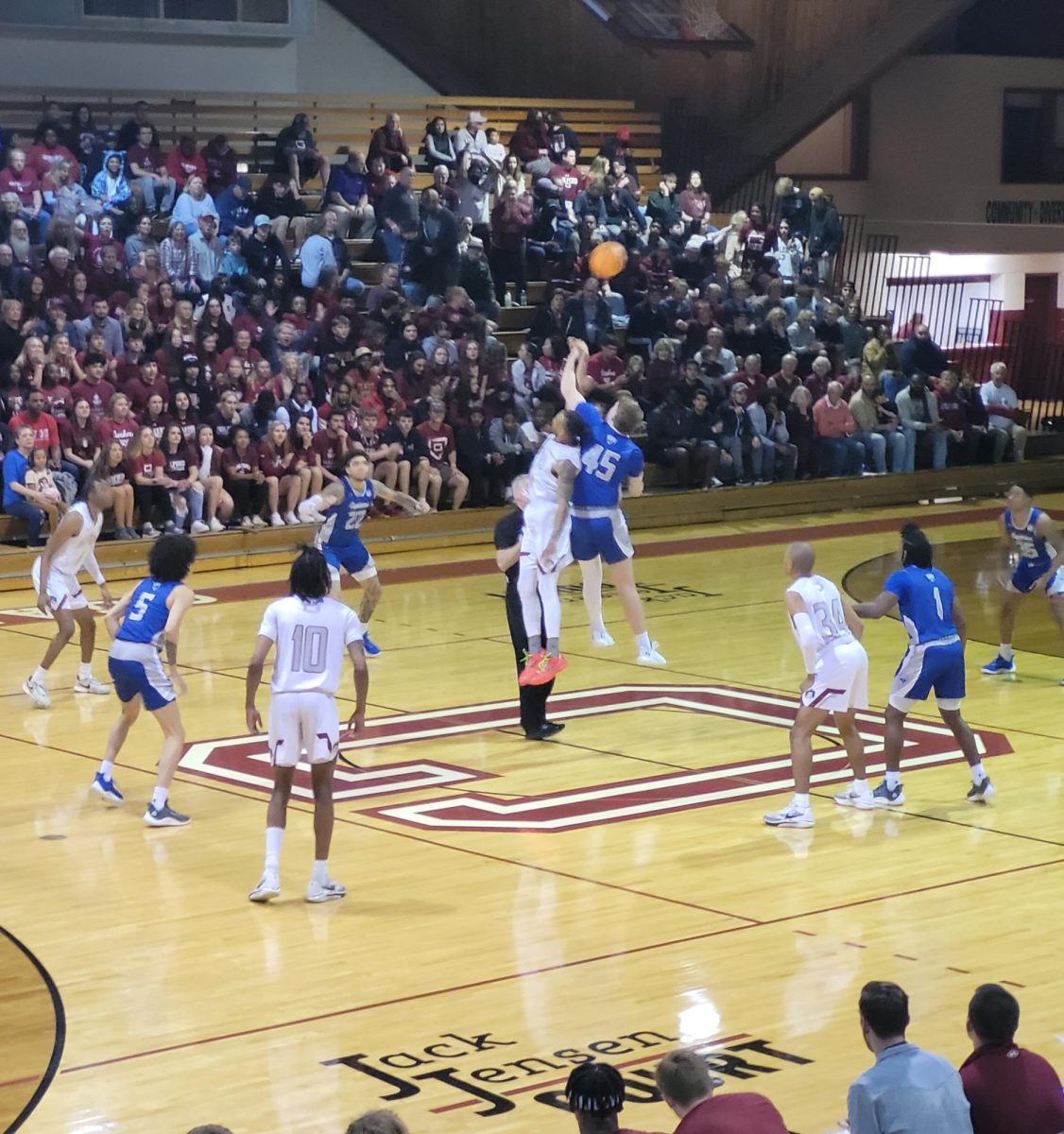The first J-Term has come and gone. During this time, students explored a field or project for a brief three weeks. In the case of the Theatre Studies department, Franz Kafke’s “The Trial” was prepared and staged.
“I think that’s what J-Term is supposed to be about, taking on a challenge that couldn’t be replicated in the Fall or Spring semester,” said Marc Williams, visiting instructor of theatre studies and director of “The Trial.”
Most J-Term projects ended promptly after three weeks; however, students involved in the production of “The Trial” had an extra week of work before premiering their show.
The students who took this 1-credit practicum worked backstage and acted or stage-managed.
“It’s my job to record all the blocking for the shows,” said senior Renee Spence, the production’s stage manager. “Where everybody goes, what everybody’s doing, where all the props are.”
Meanwhile, the cast worked on both acting and completing the technical work that went on backstage.
“For this production, the actors served as major contributors to the play’s technical work,” said Williams. “They worked extremely hard and were probably feeling a bit tired, but they were clearly having a lot of fun together.”
Senior Steven Masschelin, who headed up lights, paint, audio and props, was in charge of assigning the students to needed work.
“The difficult part was that I did not have a very consistent workforce,” said Masschelin. “People would be coming and going to and from rehearsal, sometimes staying as little as 45 minutes.”
Masschelin also faced challenges with the inexperience of the workers, many of who were new to the theatre and backstage work.
“While anybody can paint a floorboard, it takes a certain kind of person to stand on a rickety ladder and hang a 25-plus-pound instrument,” said Masschelin.
Each member of the show was required to spend allotted time either in rehearsals or doing other work necessary for the production, like box office, costumes or putting together the set.
“The actors were also doing tech work when they weren’t called for rehearsal time,” said Spence. “I think everyone (in the production) put in an equal amount of work.”
Most of the students were in rehearsal from 10 a.m. to 5, 6 or 6:30 p.m. Including a lunch break, that was at least seven hours a day — not counting time spent working individually.
“The production schedule is more like what you’d find in a professional theatre,” said Williams. “Normally, our students have to find a way to attend rehearsal and meet production deadlines while juggling their normal academic coursework. … It’s been great to see how many students really thrived in this intensely concentrated environment.”
“I didn’t know what to expect from this project, but the end result was everything we could have hoped for,” said junior Connor Bayne. “One problem with the schedule, though, was that there was little time available for publicity, so we didn’t sell as well as we hoped.”
Though opening a show in the beginning of the semester presented unique challenges, those who saw the show found it intriguing.
“I’m still confused, but it’s an intriguing story,” said Spence. “I enjoyed going to see it every night.”
“Kafka creates a bizarre, fantastical world in which examining these issues and creating that world has been my focus for this production,” said Williams. “‘The Trial’ is probably the reason why Kafka earned his own adjective, ’ I wanted to find out what a theatrical version (of) ‘Kafkaesque’ might feel like.”
Williams explored that theme with a minimalist set where the actors often doubled as props. Throughout the show, the actors seemed to be caught in — or even become — machines.
Even though J-Term and “The Trial” are completed, we can still look forward to the Theatre Studies department’s next production, “Spring Awakening.”
[photomosaic nggid=87]











